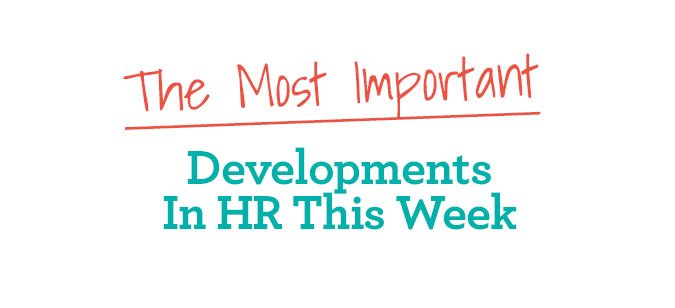
Irate HR pros blew up Twitter this week after SHRM CEO Johnny Taylor went to the White House for a photo op with the president in support of a new jobs initiative. Some were wondering why SHRM got mixed up with what they thought was a vague effort centered around “training for the jobs of tomorrow.” As though we’re not already doing that, said every HR pro on earth. But most people who took to the Twitterverse were appalled that SHRM would align with the administration. Their position was: We all have seen this president insult, demean, criticize, and bully people in a very public way. Whether you’re red or blue, that kind of behavior is diametrically opposed to what the HR profession is all about. SHRM members are demanding answers from Taylor, who, so far, hasn’t offered any. What they might not know is, Taylor isn’t just aligned with this administration. He’s part of it. In February, Trump made Taylor the chairman of the President’s Board of Advisors on Historically Black Colleges and Universities. HR Dive


The firing of James Gunn, the director of Guardians of the Galaxy, because of some offensive tweets he sent a decade ago (and publicly apologized for, saying he’s grown up and changed) has people talking about the shelf life of social media. It seems like we’re slipping down something of a rabbit hole here. Yesterday, Star Wars director Rian Johnson deleted 20,000 old tweets, not because they were offensive but because trolls scrutinizing social media feeds for career-killing ammunition is on the rise. We wouldn’t be surprised if job seekers, execs, and anyone with a job followed suit. “Cybernazis,” as they’re being called, deliberately dig up this stuff and contact people’s employers with the goal of career destruction. If holding people accountable for every ill-advised post they made 14 years ago is the new normal, we’re all in trouble. The Washington Post




Famous for promoting from within to guard its closely held culture, Goldman Sachs has astonished onlookers by hiring 15 partners from the outside, the most in two decades. The great majority of the company’s 450 partners signed on in their 20s as associates or analysts and worked their way up the ranks, so this is a massive departure. The goal is to add $5 billion in revenue within the next two years, and the company needs to add new business in consumer and commercial banking in order to do it. Hence the new hires. One other reason might be diversity. Focusing mainly on promoting from within may not make for a very diverse workforce. Either way, the culture at Goldman Sachs is going to take a major hit. The Wall Street Journal


The whole idea behind open-plan offices is to allow workers to have more contact with their colleagues, leading to more collaboration. It’s just the opposite, as it turns out. Two Harvard Business School academics did a study, asking employees at two multinational companies with open-plan offices to wear infra-red sensors to detect when they interacted with colleagues. The result? Interactions were three times less than in cubicle-based offices, and email communication between colleagues increased by more than half. Employees were wearing headphones to shut themselves off, not talking to each other and generally doing everything they could to NOT interact with their colleagues. The people pushing another office trend, “hot desking,” in which employees don’t have personal desks and have to roam around to find an open one every morning, should take note. The Economist










